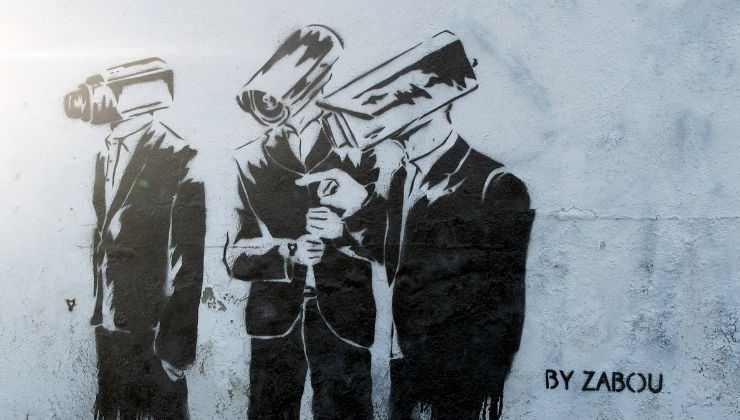
- This event has passed.
The Fairbrother Lecture – Behind Electric Eyes: Facial Recognition Surveillance in Public Spaces
Event Navigation

Automatic facial recognition technology is increasingly used by both public and private sector organisations to manage and police public spaces. The operation of facial recognition in public spaces – and our access to the right to privacy – shifts depending on whether it is a public or a private sector organisation that is watching us. But does it make a difference who is watching and why? And what does it mean for our right to privacy?
Facial recognition surveillance is used to identify and verify people in real time but without any obligation to gain their consent. While public sector surveillance must be justified by the public interest, the private sector is able to use facial recognition in pursuit of a range of commercial interests. These interests extend beyond criminal acts and could include activities that might result in an individual being banned from private property, such as smoking, walking a dog or taking photos. To complicate matters, we are often unaware of crossing thresholds into spaces where surveillance is privately controlled. Does the introduction of facial recognition provide us with increased protections, or hold hidden pitfalls?
Join socio-legal researcher William Page to be guided through the growing use of this technology, what it means for human rights, the relevance of recent political developments surrounding the potential withdrawal of the Human Rights Act 1998, and the changing nature of contemporary public spaces. This free public lecture will provide an introduction to the issue, look at recent research and consider important future questions. Do we understand our rights when under the gaze of electronic eyes?
The Fairbrother Lecture is a University public lecture named after Jack Fairbrother who in 1929 became one of the first students to be awarded a PhD from the University. The lecture is an annual event at which a Reading doctoral researcher presents their research to a wider audience.
